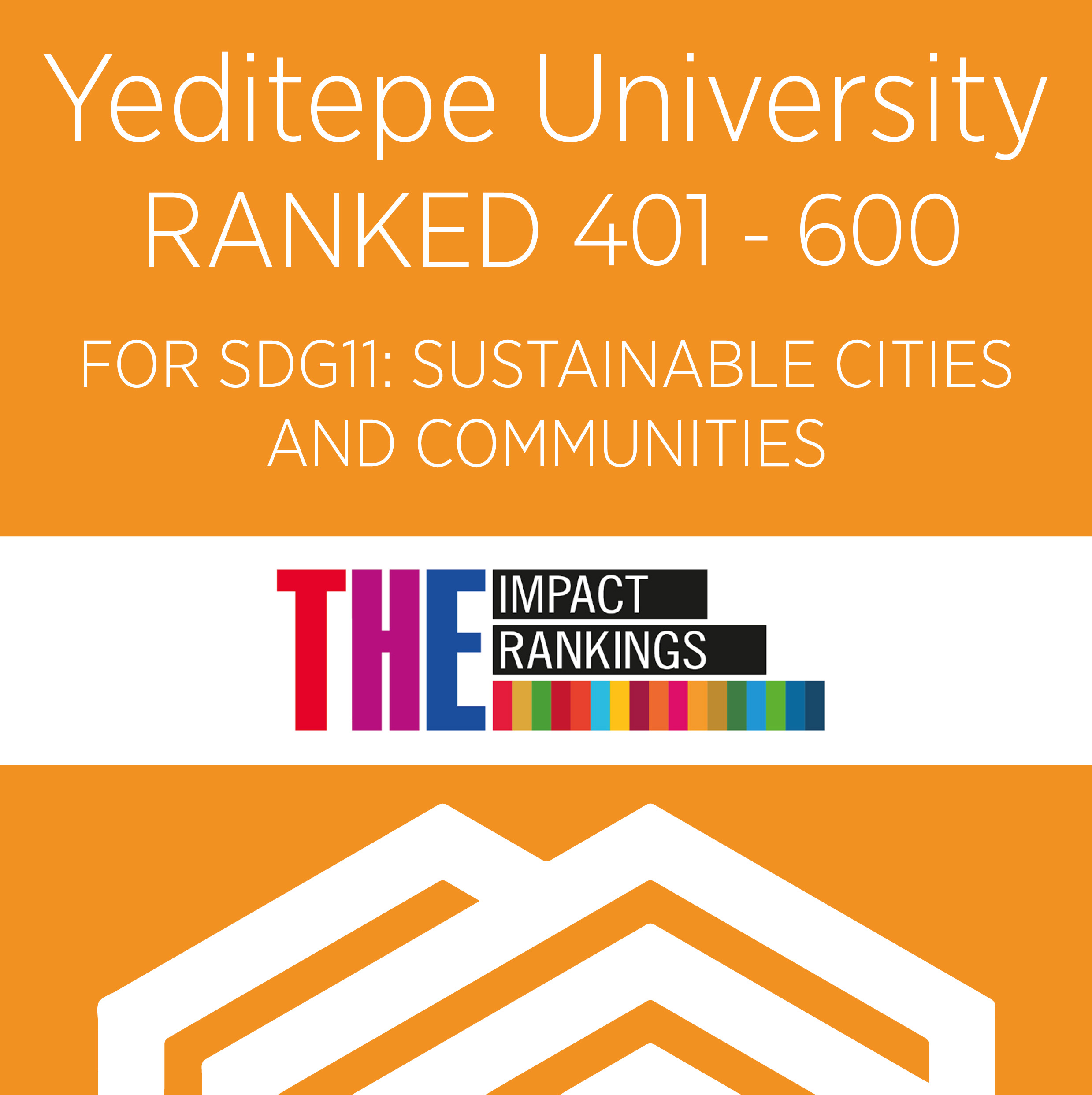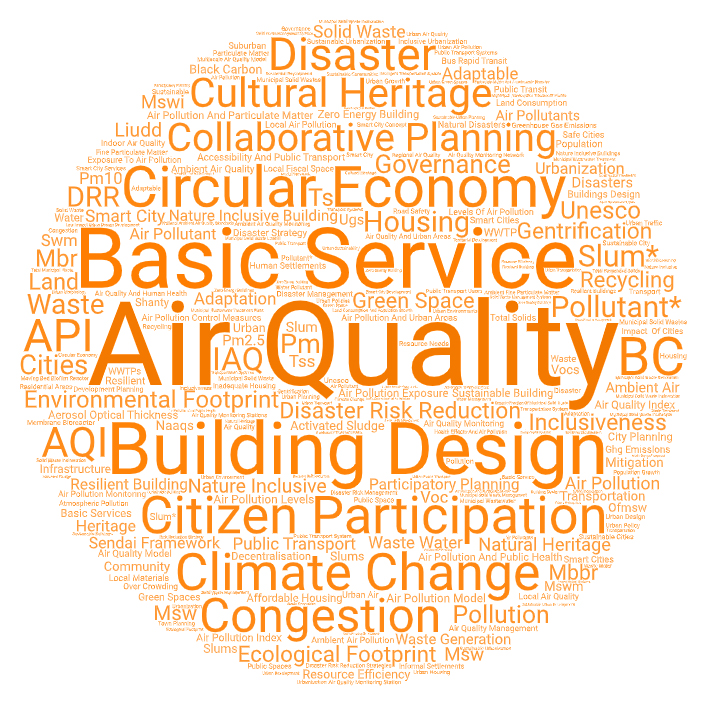What is "Sustainable Cities and Communities"?
Sustainable urban development is fundamental to ensuring that cities remain inclusive, safe, resilient, and environmentally responsible. Around the world, rapid urbanisation continues to place pressure on housing, infrastructure, transportation, cultural heritage, and natural ecosystems. While cities generate more than 80% of global GDP, they also consume over two-thirds of the world’s energy and produce the majority of carbon emissions. Ensuring access to affordable housing, preserving cultural heritage, supporting community wellbeing, and strengthening disaster-resilient infrastructure are therefore essential components of sustainable city planning.
The United Nations has defined 17 Sustainable Development Goals that call all countries to urgent cooperation to combat climate change, protect natural resources, eradicate poverty, improve health and education, reduce inequality, and promote sustainable economic growth. In alignment with these goals, Yeditepe University operates a Sustainable Cities and Communities Commission, which coordinates institutional studies and initiatives contributing to SDG 11. The Commission’s Activity Procedure is publicly accessible and outlines Yeditepe’s governance structure, responsibilities, and monitoring mechanisms for sustainable urban development. Sustainable Development Goal 11. The Commission's Activity Procedure can be found here.
Within this framework, Yeditepe University provides open public access to culturally significant spaces on its campus, including art galleries, exhibition halls, landscaped open areas, and green spaces that welcome both university members and the wider public. The University’s Knowledge Center similarly offers public access to books, publications, and electronic resources, supporting community learning and cultural enrichment.
Yeditepe actively contributes to the local arts ecosystem through annual theatre productions, concerts, screenings, and exhibitions, while also engaging in research and documentation projects to preserve Türkiye’s intangible cultural heritage such as folklore, crafts, music, and oral traditions. These initiatives strengthen social cohesion and cultural continuity for both local and displaced communities.
The University’s Sustainable Transportation and Mobility Plan supports environmentally responsible commuting through free and subsidised shuttle services, pedestrian-friendly zones, bicycle parking areas, and electric-vehicle charging stations. Regular monitoring and surveys help set measurable improvement targets for reducing transport-related emissions. Additionally, flexible and remote-working arrangements are implemented for academic and administrative staff to minimise unnecessary commuting and support work–life balance.
Yeditepe provides affordable and accessible housing for both students and staff. On-campus dormitories offer safe, reasonably priced accommodation with access to all academic and social facilities, while off-campus staff residences in various districts support employees’ living standards and reduce commuting time.
Campus planning prioritises pedestrian accessibility, safety, and inclusiveness, with wide walkways, shaded rest areas, ramps, and vehicle-restricted zones designed to ensure a human-centred, environmentally conscious campus environment. The University collaborates with local municipalities—particularly Ataşehir Municipality—on urban development, sustainability projects, and community initiatives, contributing academic expertise and supporting inclusive urban planning processes.
All new construction and renovation projects at Yeditepe University are carried out in accordance with sustainable building standards, incorporating energy-efficient technologies, natural lighting, water-saving systems, and environmentally friendly materials. Designs adhere to Türkiye’s Energy Performance in Buildings Regulation and follow internationally recognised sustainability principles promoted by the World Green Building Council. These practices reflect Yeditepe University’s commitment to responsible campus development and sustainable urban transformation.

